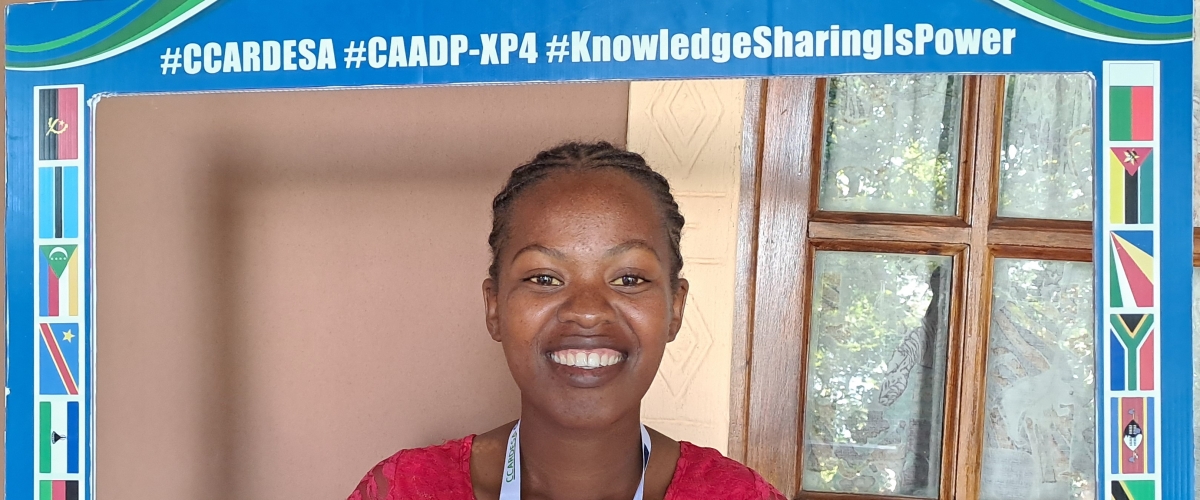
By Bongani Mvubu and Sunday Masuku
If someone had told me a few years ago that I'd be managing a thriving vegetable farm and traveling across borders to share my experiences, I might have smiled politely and gone back to watering the spinach. But here I am, Boniswa Dlamini, a proud 32-year-old farmer from Phophonyane, Eswatini, living proof that farming isn't just for the older generation or the jobless. It's a career. A calling. A way to rise.
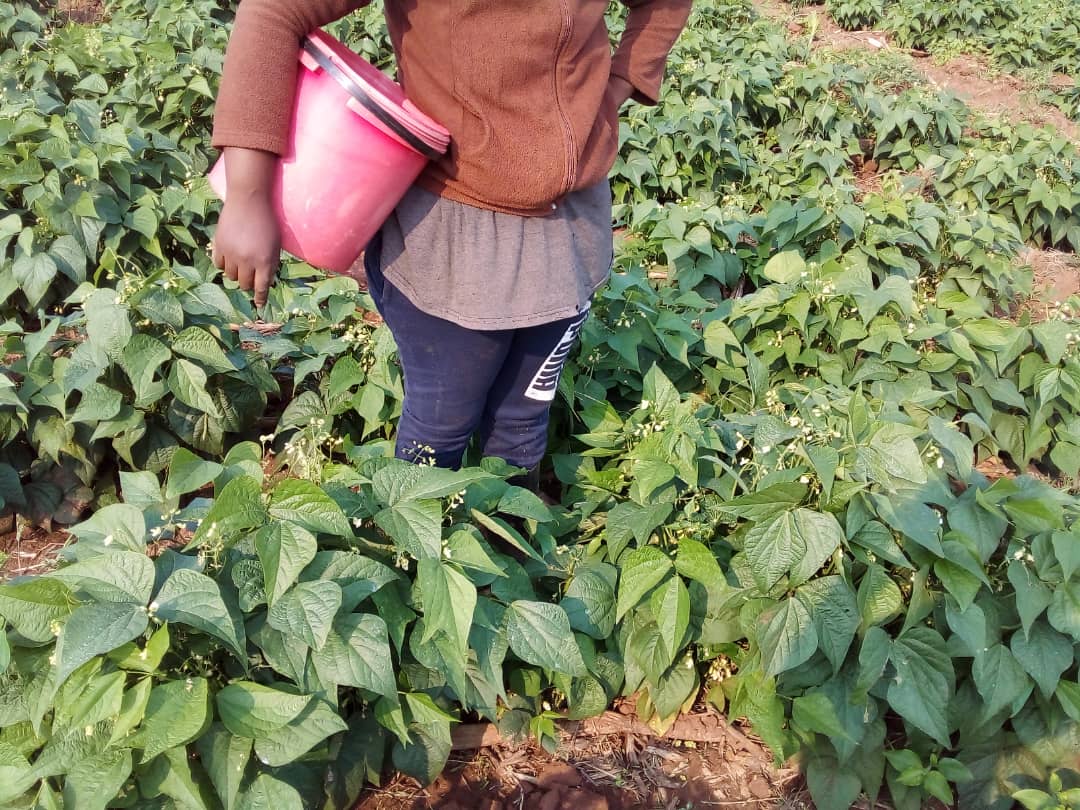
I was born into a home where farming wasn't a hobby it was life. My parents worked tirelessly on our family plot, growing field crops and vegetables with love, wisdom, and grit. They didn’t just plant seeds they planted values. Watching them turn soil into sustenance and effort into income gave me a front-row seat to what resilience really looks like.
In 2020, when job opportunities seemed like mirages in the desert, I took a leap. I turned to the one thing I knew best, farming. With just four hectares of family land and a heart full of determination, I began growing conventional and baby vegetables. It was no walk in the park. But my parents stood by me, mentoring me with the kind of hands-on knowledge no classroom can offer. Their years of experience at the Rural Development Area (RDA) level became my university.
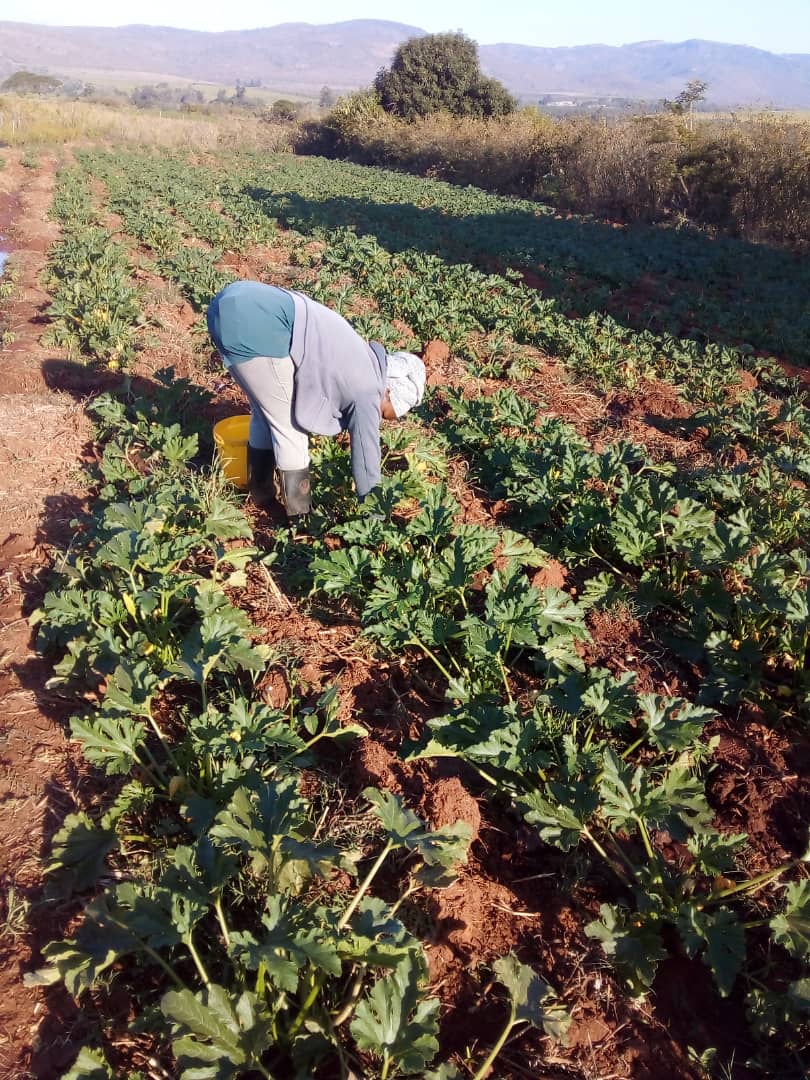
Since then, it’s been a whirlwind. I’ve not only built a sustainable farming business, but I’ve also seen the fruits literally and figuratively of hard work. I’ve never been formally employed, yet I’ve managed to buy a farm van and a personal car, pay my children's school fees, and begin building my own home. That, to me, is success.

One of the highlights of my journey was competing in the Women Farmer Foundation contest. To rank among the top three youth farmers nationwide? I was over the moon! That recognition proved to me and to others that youth can lead in agriculture if given a chance.
My efforts even caught international eyes. I was invited to Botswana for the Women and Youth in Agriculture Knowledge Sharing and Exchange Summit hosted by CCARDESA. Just being in that room, among fellow game-changers, was humbling and electrifying. On top of that, Eswatini Bank believed in my vision enough to fund a drip irrigation system and key farm inputs. With that, my farm stepped up another level.
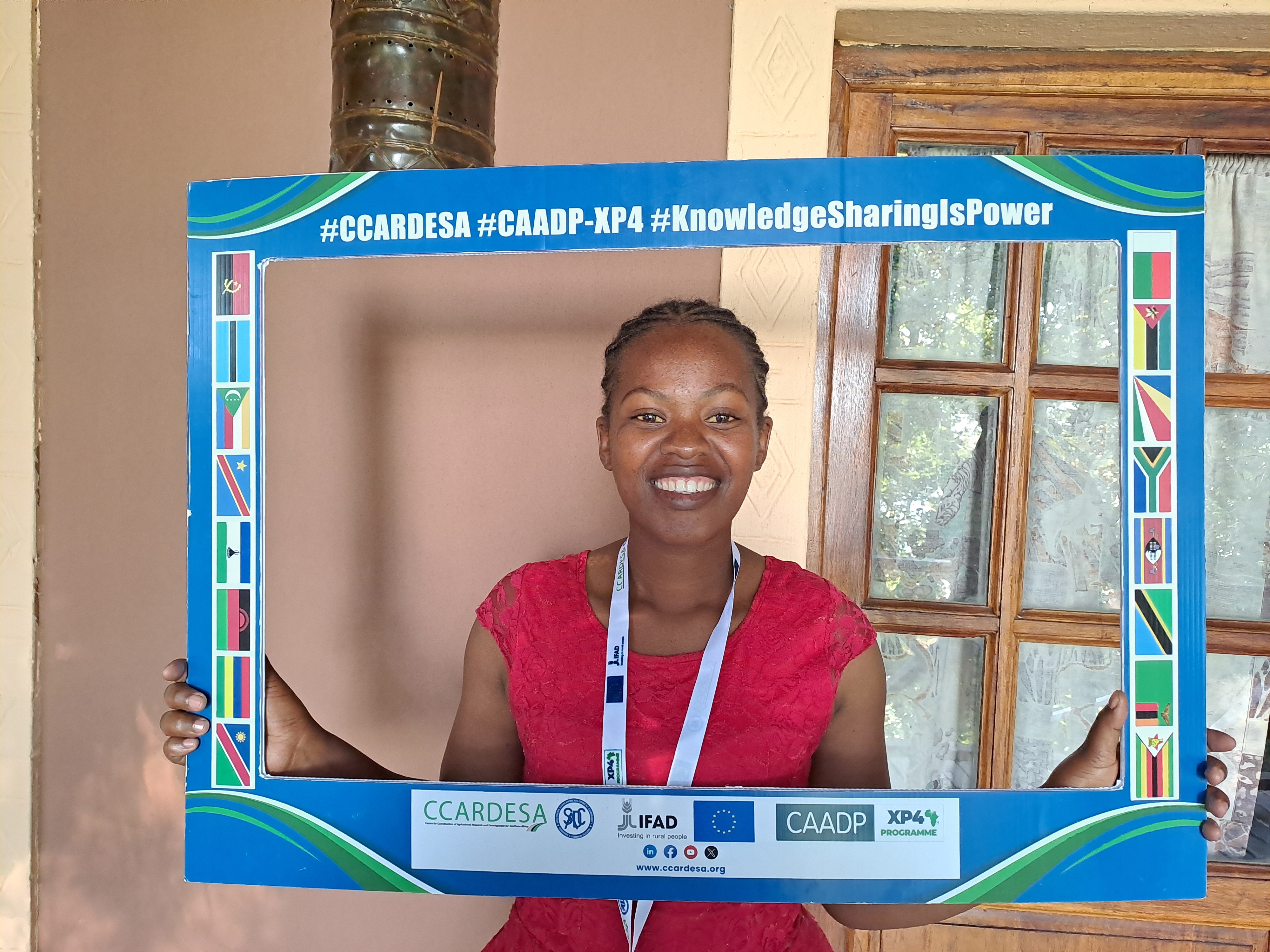
But let me be honest this path is not without its thorns. Accessing funding as a young farmer can be an uphill battle. We need more flexible, youth-friendly financial systems. And then there’s climate change. Unpredictable weather can undo months of hard work in a day. That’s why I advocate for investments in infrastructure like shade nets and efficient irrigation to cushion us from these shocks.
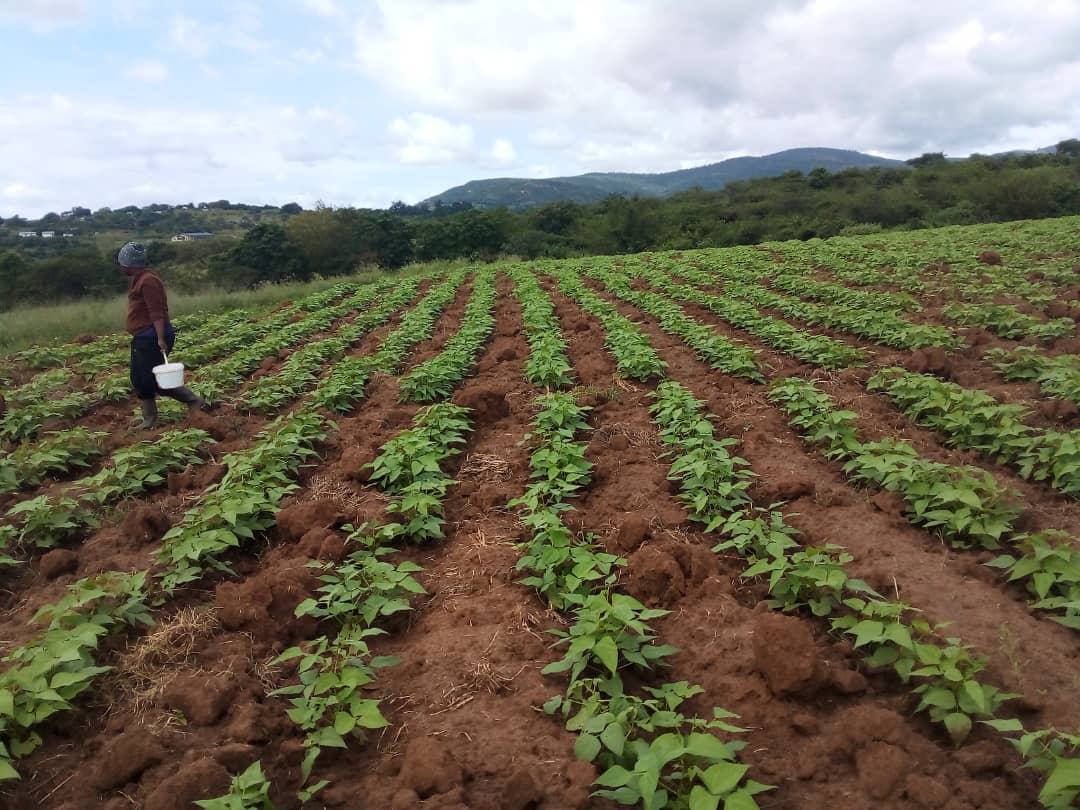
Farming changed my life. And I believe it can change Eswatini too. With the right support, mentorship, and investment, more young people can find freedom and fulfillment in agriculture. We are not just growers we are nation builders.
So to every young person out there wondering if there’s a future in farming, hear this from me: Yes, there is. And it might just be the future you never knew you were made for.
The author is a Research Officer to the Ministry of Agriculture and CCARDESA ICKM Focal Point Person for Eswatini, and the other is the Extension Officer.





